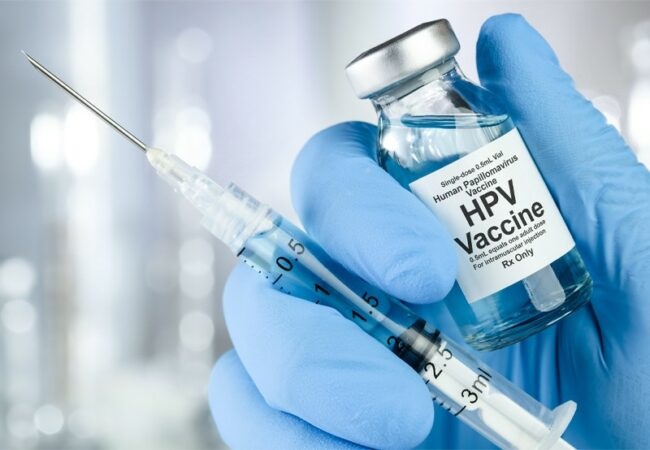As cervical cancer continues to claim the lives of thousands of African women each year, health experts are calling for urgent action to increase uptake of the human papillomavirus (HPV) vaccine—a proven tool in cancer prevention. Despite its availability and effectiveness, the vaccine’s adoption remains alarmingly low across sub-Saharan Africa, driven largely by widespread vaccine hesitancy.
At the recent HPV Media Roundtable during World and Africa Immunisation Week (April 24–30, 2025), leading researchers sounded the alarm. “HPV is fuelling high cervical cancer rates in Africa, yet myths and mistrust are standing in the way of saving lives,” said Prof. Hannelie Meyer, Head of the South African Vaccination and Immunisation Centre.
According to the Vaccine Confidence Report—launched by MSD and Prof. Meyer at the European Society of Clinical Microbiology and Infectious Diseases—71% of participants in South Africa expressed hesitancy about at least one vaccine offered in the country.
Cervical cancer, primarily caused by HPV infection, is one of the leading causes of cancer deaths among women in the region. The World Health Organization (WHO) estimates that 94% of cervical cancer deaths occur in low- and middle-income countries, with sub-Saharan Africa disproportionately affected. HPV prevalence among women under 25 in Africa is 43.9%—more than double the global average of 19.2%.
In Ghana, around 3,000 women are diagnosed with cervical cancer each year, with 2,000 deaths. Rwanda, before launching its national vaccination program, reported HPV-positive results in 54% of women aged 19 and younger. Similar challenges persist across the continent.
The Vaccine Confidence Report identifies several factors contributing to low vaccine uptake: safety concerns, mistrust in healthcare systems, and misinformation, particularly on social media.
“Despite strong scientific evidence, harmful myths persist,” said Prof. Meyer. “This reluctance is troubling, given the direct link between HPV and cervical cancer. We must respond with facts, not fear.”
A study published in Scientific Reports in 2023 found that only 10% of people surveyed across six African countries had received at least one dose of the HPV vaccine. South Africa showed the highest hesitancy rate at 17.15%, while Kenya reported the lowest at 8.3%.
Experts say the solution lies in grassroots communication, local partnerships, and more relatable outreach. “We’ve seen great success using school-based programs and creative tools like comic books to engage youth,” said Dr. Sabrina Kitaka, Senior Lecturer at Makerere University.
She noted that SMS reminders and phone call follow-ups help ensure adolescents complete the vaccine schedule. “But it must go beyond tools—we need coordinated, culturally sensitive campaigns backed by governments, civil society, and the private sector.”
The WHO aims to eliminate cervical cancer as a public health threat by 2030, with one key goal being 90% HPV vaccine coverage among girls by age 15. But vaccine hesitancy threatens to derail this target.
“Routine immunisation has saved millions of lives,” said Dr. Alima Essoh, Regional Director of AMP Africa. “When misinformation and underfunding disrupt those efforts, we risk undoing decades of progress.”
Prof. Meyer echoed that sentiment: “There is no time to waste. We must work together to share accurate information, address concerns, and make vaccines truly accessible. Only then can we protect future generations from preventable diseases.”


